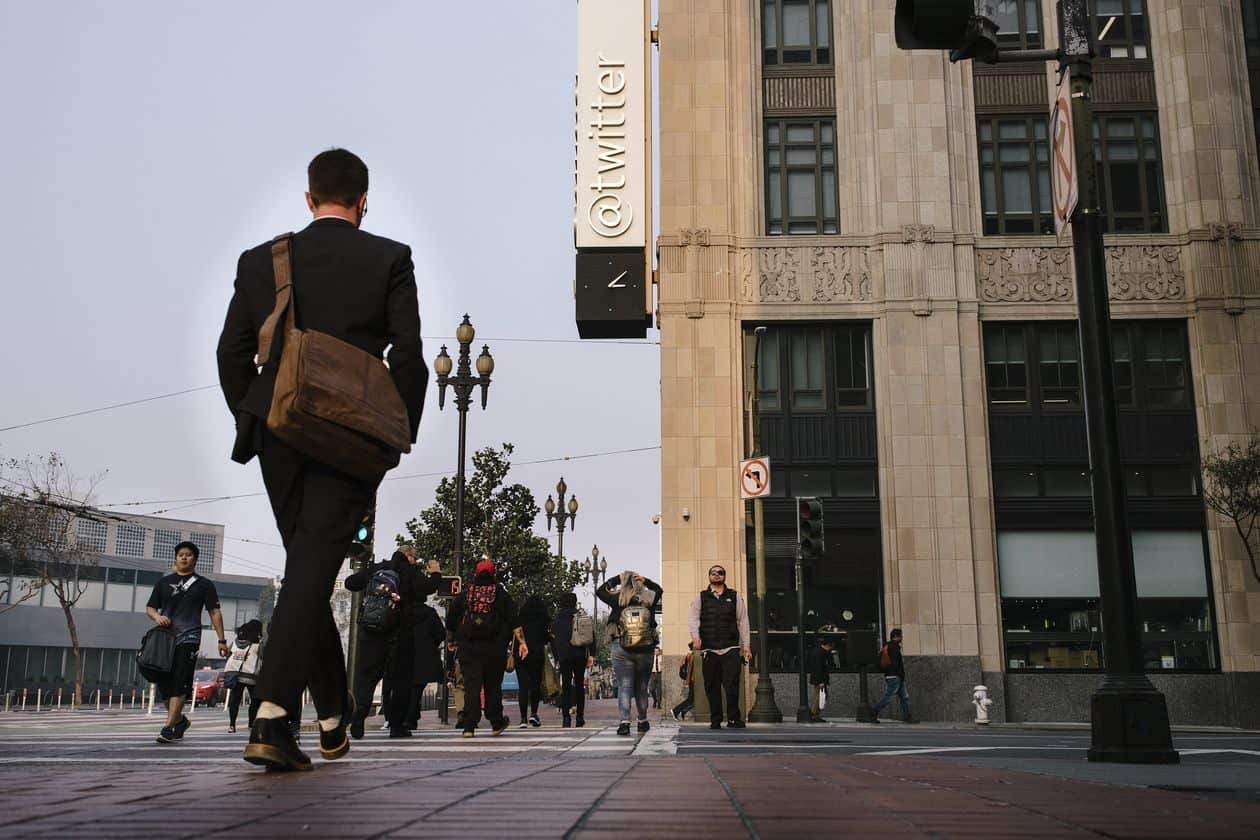Twitter to Add Labels to Disputed Coronavirus Posts, as Misinformation Proliferates

The move is the latest of many efforts from Silicon Valley to try to slow the spread of false claims related to the pandemic, with mixed results, including last week when a conspiracy-laden video racked up millions of views before the tech platforms pulled it down.
The companies are also under scrutiny by users, regulators and governments to prove they can handle misinformation ahead of the November election.
The survey from Gallup and the Knight Foundation shows that fears about virus-related misinformation are bipartisan: 73% of Republicans and 82% of Democrats call it a major problem. Almost 70% of those polled said social media was among the two main sources of misinformation, while 54% cited the Trump administration.
The administration didn’t immediately respond to a request for comment.
The survey noted that the World Health Organization said the global pandemic has spawned a separate “infodemic” about the virus, effective treatments and the government response, with false claims circulating widely.
Twitter said Monday that the new labels would apply to tweets posted before this new policy, and will apply to all users, including government officials. Its internal trust and safety team, in coordination with outside partners, will be responsible for determining whether to apply any labels.
Facebook Inc. similarly adds labels to certain posts, but only after they have been rated as false by outside fact-checking groups that the company has partnerships with. Last month, the company said that in March, it added warnings to about 40 million posts related to Covid-19, and that 95% of users didn’t click on the disputed content after seeing the labels.Part of the challenge for social-media companies combating misinformation is how inflammatory or disputed posts can spread in real time, before companies have a chance to add labels or take action. A 26-minute video from a documentary called “Plandemic,” which is filled with unsubstantiated claims, racked up millions of views last week before social-media sites took decisive action. It continues to pop up as users develop new tricks to get around the blockages.
A spokeswoman for Twitter said that when users started posting links to “Plandemic,” Twitter marked links to the video as unsafe. Twitter also took steps to block the video from trending or appearing prominently in searches, the spokeswoman said. YouTube said it removed the “Plandemic” video and removes re-uploads of the video when it is alerted to their existence.
The labels Twitter applies to disputed messages will link to external sources or a Twitter-curated page providing additional information related to the claims in the tweet, Twitter said.
Depending on the type of misleading information, Twitter may also apply a warning to tweets that will inform people that the information in the tweet is in conflict with public-health experts’ guidance, the company said.
Twitter said it would choose to take action based on three broad categories: misleading information, disputed claims and unverified claims. For misleading information, Twitter said it would either remove the tweet or add a label. For disputed claims Twitter plans to add a warning or label, and for unverified claims the company plans to take no action. The company said it may add new labels as needed.
The new labels build on a policy Twitter announced in March to broaden the company’s definition of harm to include content that goes against guidance from authoritative sources of public-health information. Twitter said it would remove content when it has a clear call to action that could pose a risk to people’s health.
Twitter also said that it will take steps to not distribute broadly the messages that it labels, helping to limit how quickly they can spread.
“We’ll keep working to build tools and offer context so that people can find credible and authentic information on Twitter,” the company said.
Photo: Twitter and other companies are under scrutiny to prove they can handle misinformation ahead of the November election. - MICHAEL SHORT/BLOOMBERG NEWS











